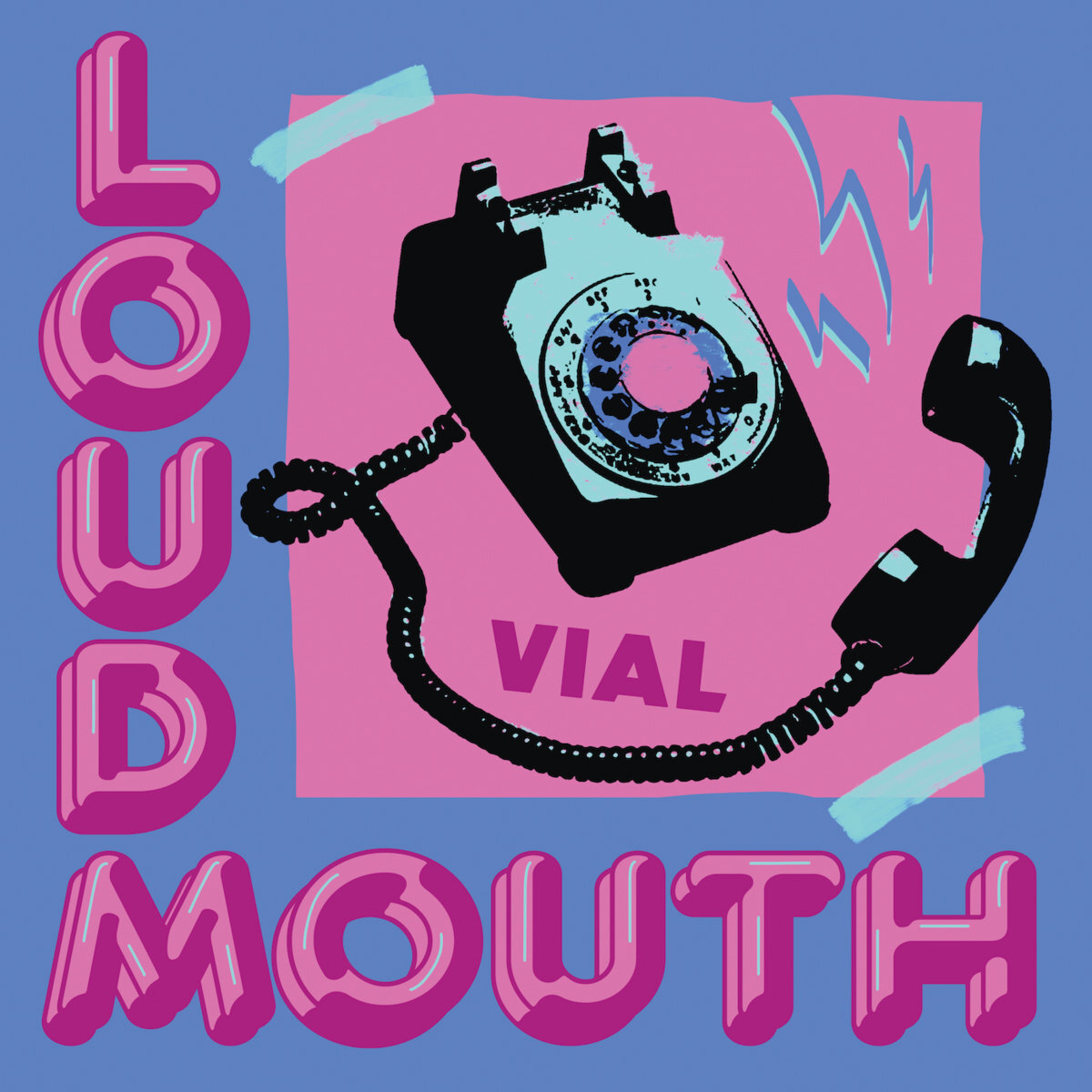Pet Symmetry – Future Suits | Album Review
/It’s safe to say that none of us have come out of the past year the same. The collective experiences of a world in quarantine will continue to influence us in countless ways and have already left a mark that will never be truly erased. I’ll never know who I would’ve been if 2020 wasn’t a year of personal trials and global tragedies, but what can any of us do besides pick up the pieces of a life we used to know and carry on. Future Suits by Pet Symmetry is a reminder that we’ve all been subject to circumstances beyond our control. Perhaps even more importantly, the record is a bid to find some meaning in the indifferent chaos.
Future Suits is a new look for Evan Weiss, Erik Czaja, and Marcus Nuccio in more ways than one. The album cover’s QR code and sci-fi lettering don’t lie to listeners; this is a more digital and eclectic effort than we’ve seen from Pet Sym before. Synthesizer lines and tropically influenced drum beats are scattered across the record. The band also shows us their dynamic range throughout the release on softer, laid-back tracks like “Debt Symmetry.” Fans shouldn’t be wary though, as perhaps the group’s biggest triumph is maintaining their Chicago-rock edge while still growing their sound.
This isn’t to understate the songwriting on Future Suits, which doesn’t depart from their trademark-style of introspective thoughts conveyed in sing-along choruses. The lyrics are still filled with clever wordplay and good humor, after all, what do you expect from a group with three songs on an album that are puns on their band name? (no disrespect to “Pet Sympathy” “Debt Symmetry” and “Pet Synergy,”). The Pet Symmetry gang still seem to have as much fun as you can while playing music, but impressively don’t shy away from the heavier topics of social commentary.
While present throughout the album, tracks like “Bootlicker” and “2021: A Personal Space Odyssey” bring themes of social strife to the forefront. These songs acknowledge the personal traumas and hardships of living through unrest while also making a statement on the overarching issues causing societal damage. This bifocal perspective makes for a refreshing listen, especially when Evan Weiss’ knack for combining immersive imagery and slick phrasing is at full force. One such instance is “Bootlicker,” which boasts lines like “bruised blue from tension watching you / a numbered badge just wasting time on every avenue.” These tracks achieve an ambitious desire to encapsulate the environment of “post” COVID society and make a meaningful statement without coming off as preachy.
This represents a serious increase in scope for the focus of Pet Symmetry’s music. Fan favorites off of previous records like “A Detailed and Poetic Physical Threat to the Person Who Intentionally Vandalized my 1994 Dodge Intrepid Behind Kate’s Apartment,” “You & Me & Mt. Hood,” and “Please Don’t Tell My Father That I Used His Honda Accord to Destroy the Town of Willow Grove, Pennsylvania in 2002” all detail formative adventures in loving detail, but are confined to being individual experiences. With Future Suits, Pet Symmetry face down a global pandemic, civil unrest, and political dishonesty with the same ethos of teenage joy-riding rebels. Admittedly, many people are understandably burnt out at the prospect of hearing about the doom and gloom of planet Earth in 2021. While this record can’t promise escapism, it does provide a novel perspective on the situation delivered in a distinct and well-executed style.
Not only is it not preachy, but this record oozes authenticity. It touches the big, small, good, bad, and ugly that comes with getting through life one day at a time. Future Suits chronicles the personal journeys of navigating relationships, fighting the monotony of everyday life, and finding a place for yourself in the universe. Tracks like “Window Pain” paint this picture of turmoil at every turn; “as the world keeps getting small / we’re just sailing through the darkness / we’re the ships that face the squall.” Yet another tune that perfectly evokes these emotions of personal reckoning is “Pet Synergy” with lines like; “times they are tough / vibes remain off / so how else do you break up with yourself / standing in the shade of your own shadow.” The same song also bears daunting reminders of our fragility; “you see, all my friends keep dying / if I don’t put my apologies into writing I’m scared they’ll never get to where they need to be.” Packaging these themes seamlessly into a driving, raucous jam is an accomplishment that not every band is capable of. Pet Symmetry’s emotional outpouring here doesn’t take on the tone of whiny venting (which can be great too!) but is a powerful display of heartfelt angst.
Pet Symmetry’s third album is an enjoyable listen all the way through in no small part due to its natural ebb and flow. More hard-hitting barnburners like “Pet Synergy” with its overdriven guitar and open-hi hat grooves transition cleanly into smoothly chilled tunes like “Bootlicker.” Even with this range, these dynamic rises and falls don’t at all seem forced, an excellent quality for a record that you’re going to want to listen to from front to back over and over again.
Future Suits is a masterclass in a band expanding their sound while staying true to their roots. Exploring new sonic territory while introducing lyrical content to their discography may seem like biting off more than they can chew, but Pet Symmetry has shown with this release that they can take these challenges in stride. Future Suits should scratch any Pet Sym itch that listeners have had and should excite you for their next chapter… Here’s to hoping we make it there.
Jack Hansen-Reed is an avid music fan from Omaha, Nebraska with a passion for all things DIY. In his free time, he enjoys sticking it to the man, cheering on the Cubbies, and drumming in indie-americana act Bearwithus. Send him any music recommendations on Twitter at @jhansenreed.

















